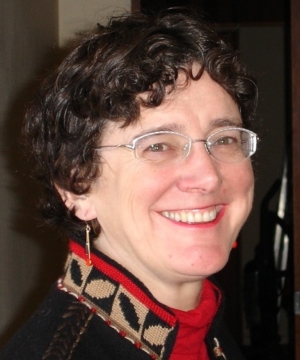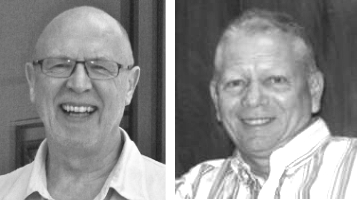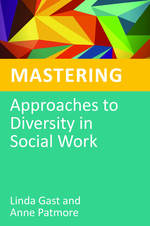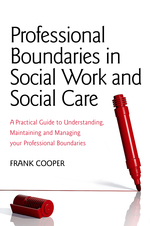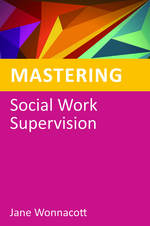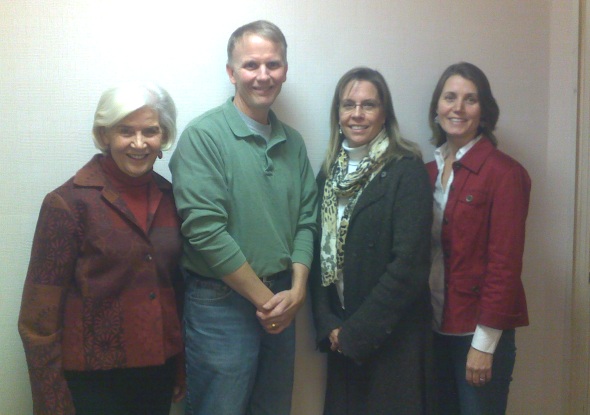Safeguarding babies and very young children from abuse and neglect – An Interview with Rebecca Brown
“Much of the decision-making for these very young children was of high quality, showed evidence of extreme care and was based on hard evidence. However the study also raised a number of concerns…the findings revealed a number of gaps in social worker knowledge and understanding, especially in areas of attachment theory and child development [and] there was evidence that delayed decision-making had detrimental consequences for the outcomes of these children – practitioners need to be fully aware of these consequences and the importance of taking swift action when babies are suffering significant harm…”



